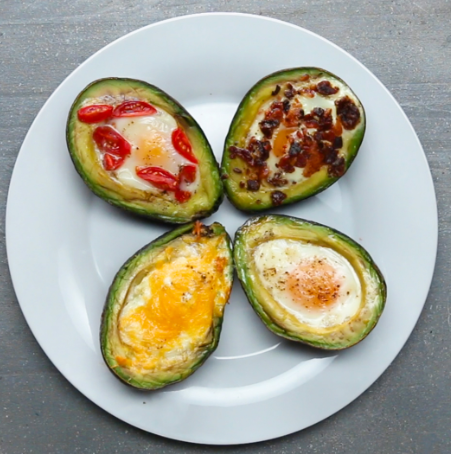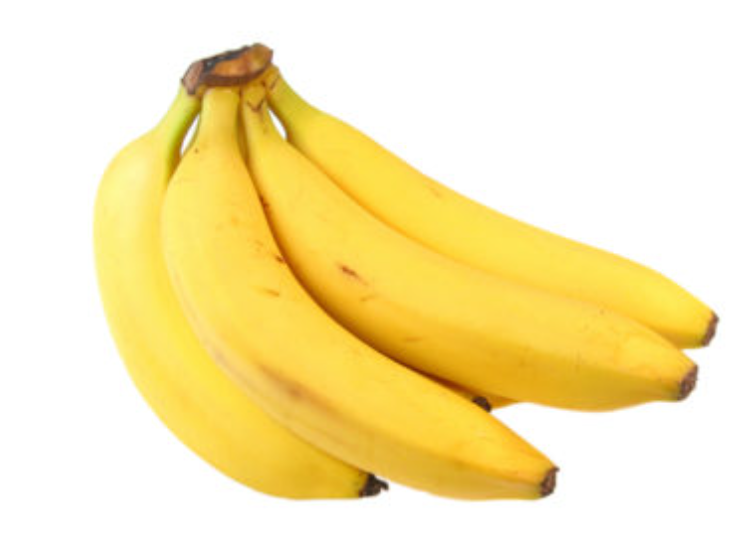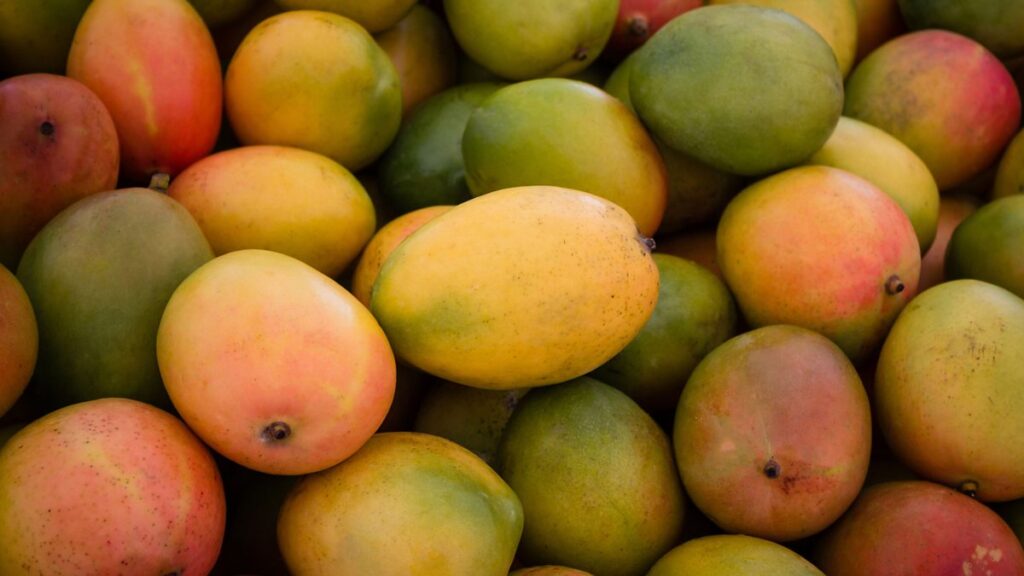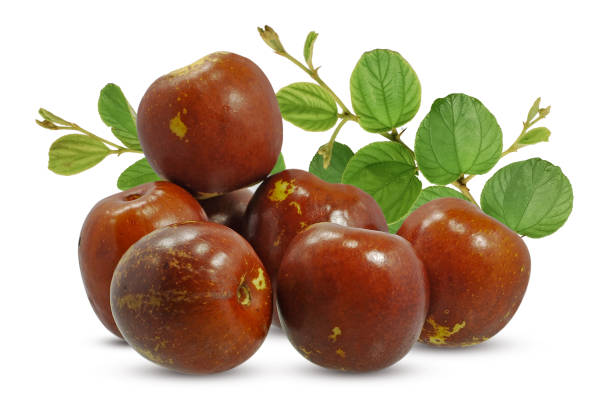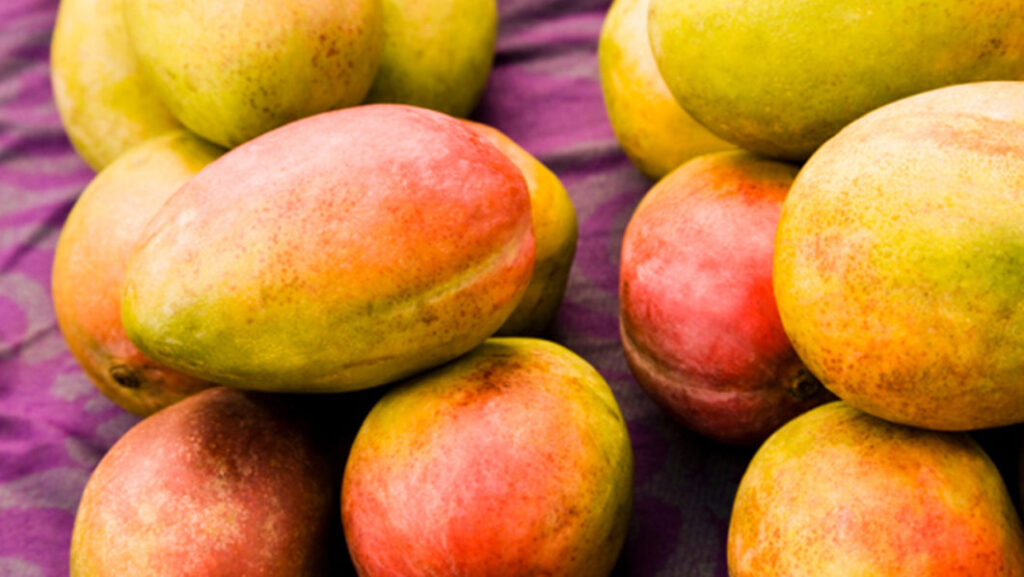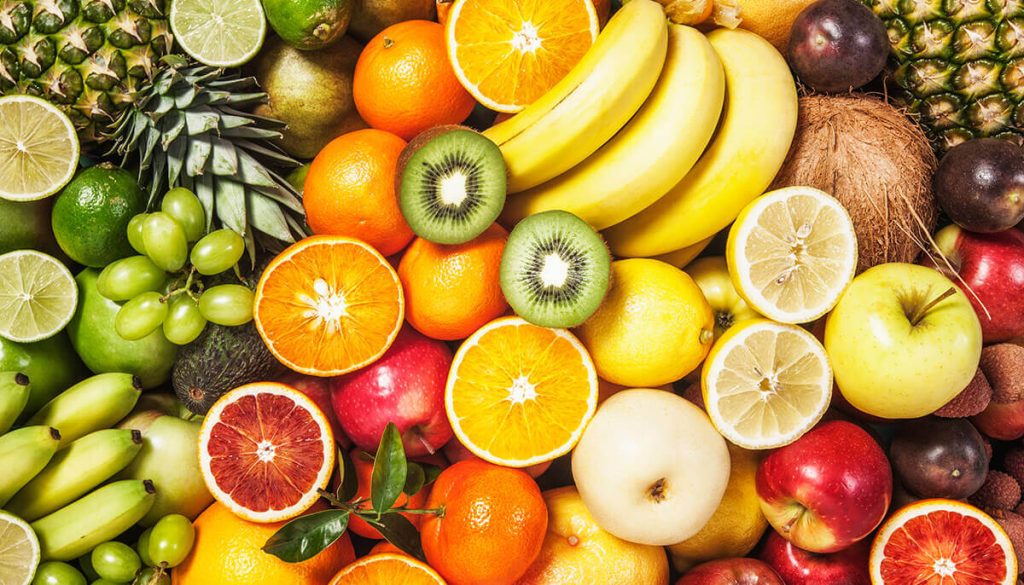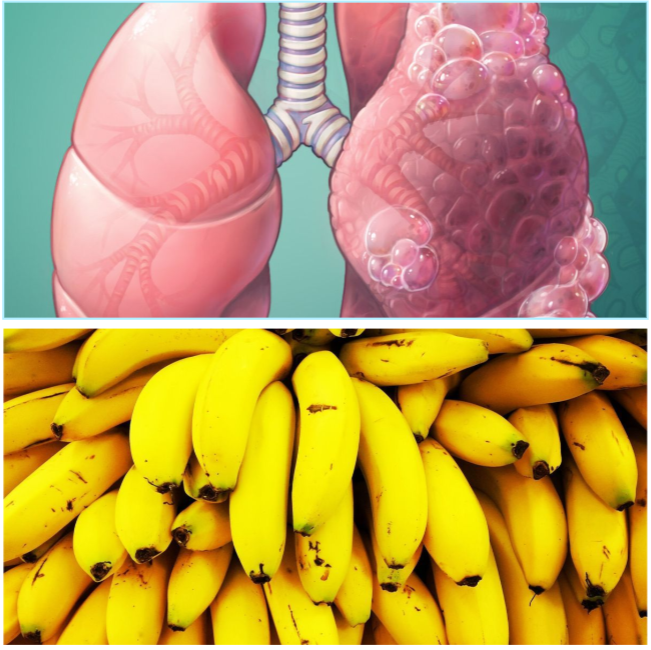Dried fruits are like tiny energy bundles full of nutrients. They have been eaten for a long time to make people healthier. Dried fruits are especially good for the brain, helping it grow and work better.
If you want to think sharper or just give your brain a little help, eating dried fruits can be a good idea. They can be a tasty addition to your meals.
In this article, we’ll talk about the 10 top dried fruits that are good for your brain’s growth and how healthy it is. From almonds to figs, learn about how these dried fruits can help keep your mind sharp and active.
Table of Contents
1. Almonds
Almonds are full of good stuff for the brain. They have a lot of vitamin E, which fights off harm to the brain cells. This vitamin can help you think better and may lower the chance of Alzheimer’s disease.
They also have healthy fats which are good for the brain’s growth and its performance. These fats keep the brain cell walls healthy and help new brain cells grow. Almonds also have magnesium, which is important for the brain’s nerves.
You can eat almonds by themselves, mix them into your morning oats, or blend them into smoothies. You can even bake with almond flour instead of regular flour.
2. Walnuts
Walnuts are great for the brain because of the healthy fats and antioxidants they contain. They are rich in vitamin E and omega-3 fats, which are linked to better brain function and lower risks of brain decline. Walnuts also have polyphenols, which protect the brain cells.
Add walnuts to your cereal or yogurt in the morning, sprinkle them on salads, or cook with walnut oil.
3. Cashews
Cashews have lots of nutrients that help the brain work well. They have magnesium, zinc, and iron. Magnesium helps brain nerves chat with each other, while zinc and iron help make neurotransmitters, which are like message carriers in the brain.
Munch on cashews as a snack or toss them into stir-fries and curries. Cashew butter can also be a yummy spread or dip.
4. Pistachios
Pistachios are loaded with nutrients that are good for your brain. They’ve got vitamin B6, which is important for making brain messengers, and magnesium, which helps nerves in the brain work. Plus, they are full of antioxidants that guard the brain cells.
Eat pistachios by themselves or throw them into salads and trail mixes. They can also be used to add crunch to baked goods.
5. Brazil Nuts
Brazil nuts are super good for the brain because they have selenium, which your nervous system and brain need, and magnesium, which helps brain nerves.
Snack on Brazil nuts, blend them into your smoothies, or make Brazil nut butter as a tasty spread or dip.
6. Dates
Dates are packed with brain-helping nutrients like potassium and magnesium, which are important for the brain’s nerves and for making neurotransmitters. They’re also full of antioxidants that protect the brain cells.
Enjoy dates as a sweet snack, mix them into your smoothies and oatmeal, or use them to naturally sweeten baked goods, yogurt, and salads.
7. Prunes
Prunes are rich in brain-helping nutrients like fiber, which helps grow good gut bacteria linked to better thinking. Potassium in prunes helps brain nerves, and vitamin K is key for a protective layer around the brain’s nerves.
Add prunes to your breakfast, snack on them, or use them to sweeten up your baked treats, salads, and yogurt.
8. Raisins
Raisins are a tasty source of brain-helping nutrients like potassium and iron, which boost brain nerve function and help make brain messengers. They also have antioxidants that keep the brain cells safe.
Mix raisins into your morning cereal or oatmeal, bake with them, or sprinkle them over salads and yogurt for extra sweetness.
9. Figs
Figs offer plenty of brain-boosting nutrients such as potassium, which helps nerve cells in the brain, and magnesium, essential for making neurotransmitters. They are also rich in antioxidants.
Snack on figs, mix them into your cereal or oatmeal, sweeten your baked goods with them, or add them to salads or yogurt.
10. Apricots
Apricots have a bunch of nutrients that help the brain, like potassium for brain nerves and vitamin A for brain growth. They’re also rich in antioxidants.
Try snacking on apricots, adding them to cereal or smoothies, using them in your baking, or tossing them onto salads or yogurt.
Wrapping Up
Adding different dried fruits to your meals can give you lots of nutrients that are good for your brain. They have healthy fats, antioxidants, vitamins, and minerals that keep brain cells safe and help nerves in your brain work well.
By eating these fruits, you’re giving your brain a helping hand to stay sharp and healthy.
